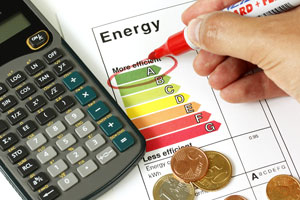 Energy costs are rising around the world. In the United States, the cost of electricity, natural gas, and coal are all expected to increase in 2020.[1] As oil prices increase, energy costs are rising in Britain, and in Australia, the cost of electricity has skyrocketed.[2] It will become increasingly necessary to manage costs by maintaining efficient operation of energy systems as energy prices continue to rise.
Energy costs are rising around the world. In the United States, the cost of electricity, natural gas, and coal are all expected to increase in 2020.[1] As oil prices increase, energy costs are rising in Britain, and in Australia, the cost of electricity has skyrocketed.[2] It will become increasingly necessary to manage costs by maintaining efficient operation of energy systems as energy prices continue to rise.
Steam is a common byproduct of energy generation in boiler systems. When energy is generated in a boiler system, heat energy is transferred to water, which generates steam used for heating. Measuring the steam produced by a boiler is the most logical way to measure boiler output, but it is extremely difficult to measure steam output accurately.[3] In a world where energy costs are only expected to increase, it is imperative that boiler output be measured accurately in order to conserve both money and energy. Continue reading “Gas Mass Measurement”
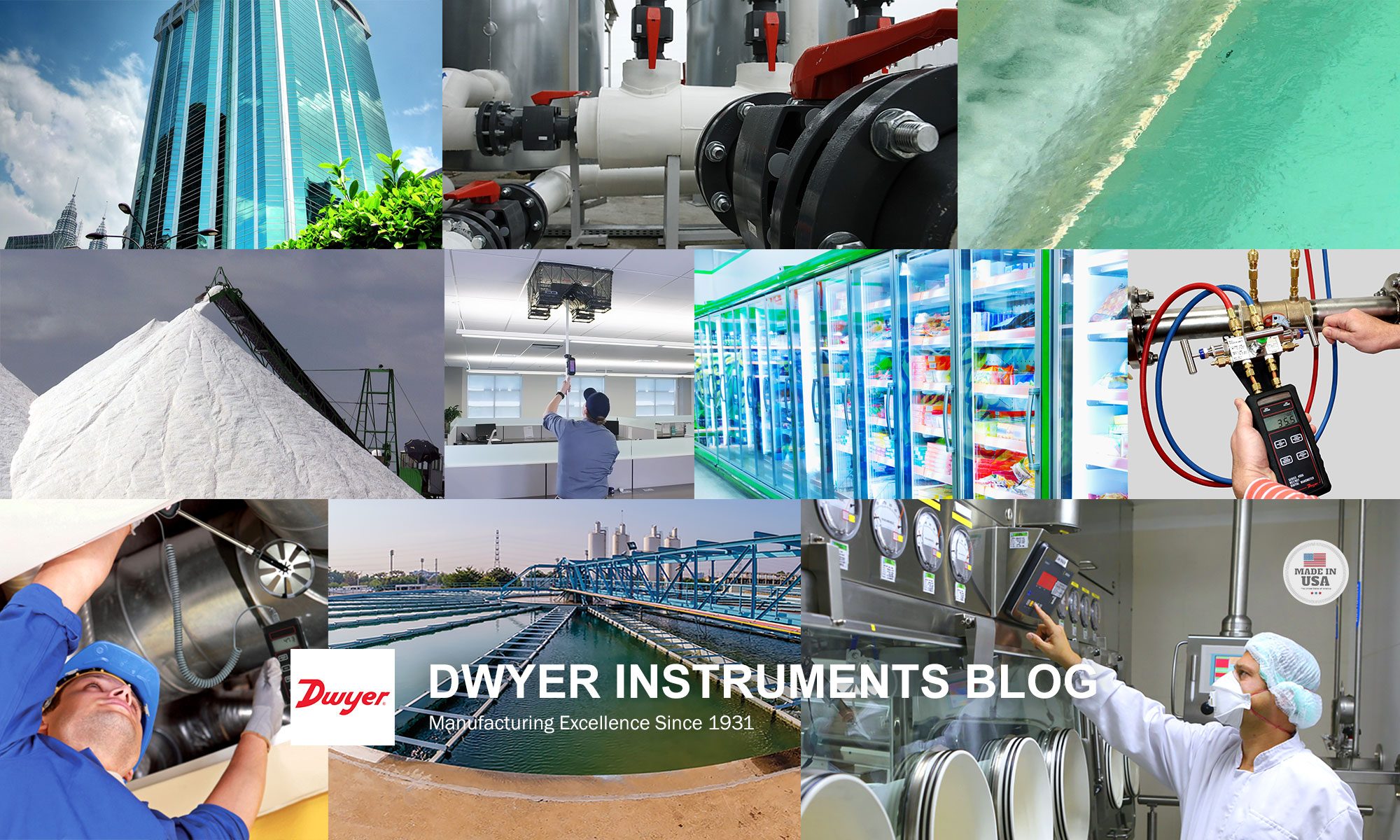
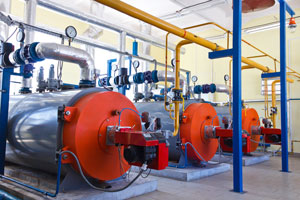
 What comes to mind when you think of the phrase “energy efficient?” Perhaps you think of LED light bulbs, electric cars, Energy Star appliances, or LEED-certified buildings. But energy efficiency isn’t limited to “green” products or certifications.
What comes to mind when you think of the phrase “energy efficient?” Perhaps you think of LED light bulbs, electric cars, Energy Star appliances, or LEED-certified buildings. But energy efficiency isn’t limited to “green” products or certifications. 
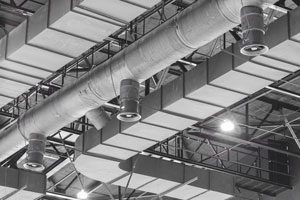 In HVAC systems, there are many different parameters that are commonly measured for system performance or building comfort. Some of the most commonly measured HVAC system parameters are temperature, air velocity, humidity and static pressure. Of those parameters, static pressure is extremely important in terms of system performance. Static pressure indicates how hard the HVAC system has to work to move air through the building or how much resistance to flow exists. The higher the static pressure, the harder the system has to work to move air through the building.
In HVAC systems, there are many different parameters that are commonly measured for system performance or building comfort. Some of the most commonly measured HVAC system parameters are temperature, air velocity, humidity and static pressure. Of those parameters, static pressure is extremely important in terms of system performance. Static pressure indicates how hard the HVAC system has to work to move air through the building or how much resistance to flow exists. The higher the static pressure, the harder the system has to work to move air through the building. 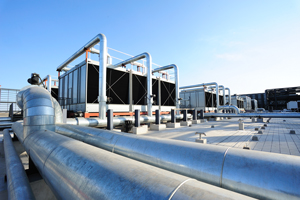

 Dwyer Instruments, Inc. was recognized for excellence in product design in the 16th annual Dealer Design Awards Program sponsored by The Air Conditioning Heating & Refrigeration News Magazine (The ACHR News). An independent panel of contractors acted as judges in the contest that had 79 entries. The company’s Hydronic Application Software was the Silver Award Winner in the Contractor Services & Software product category. The ACHR News is the leading trade magazine in the heating, ventilating, air conditioning, and refrigeration industries.
Dwyer Instruments, Inc. was recognized for excellence in product design in the 16th annual Dealer Design Awards Program sponsored by The Air Conditioning Heating & Refrigeration News Magazine (The ACHR News). An independent panel of contractors acted as judges in the contest that had 79 entries. The company’s Hydronic Application Software was the Silver Award Winner in the Contractor Services & Software product category. The ACHR News is the leading trade magazine in the heating, ventilating, air conditioning, and refrigeration industries.